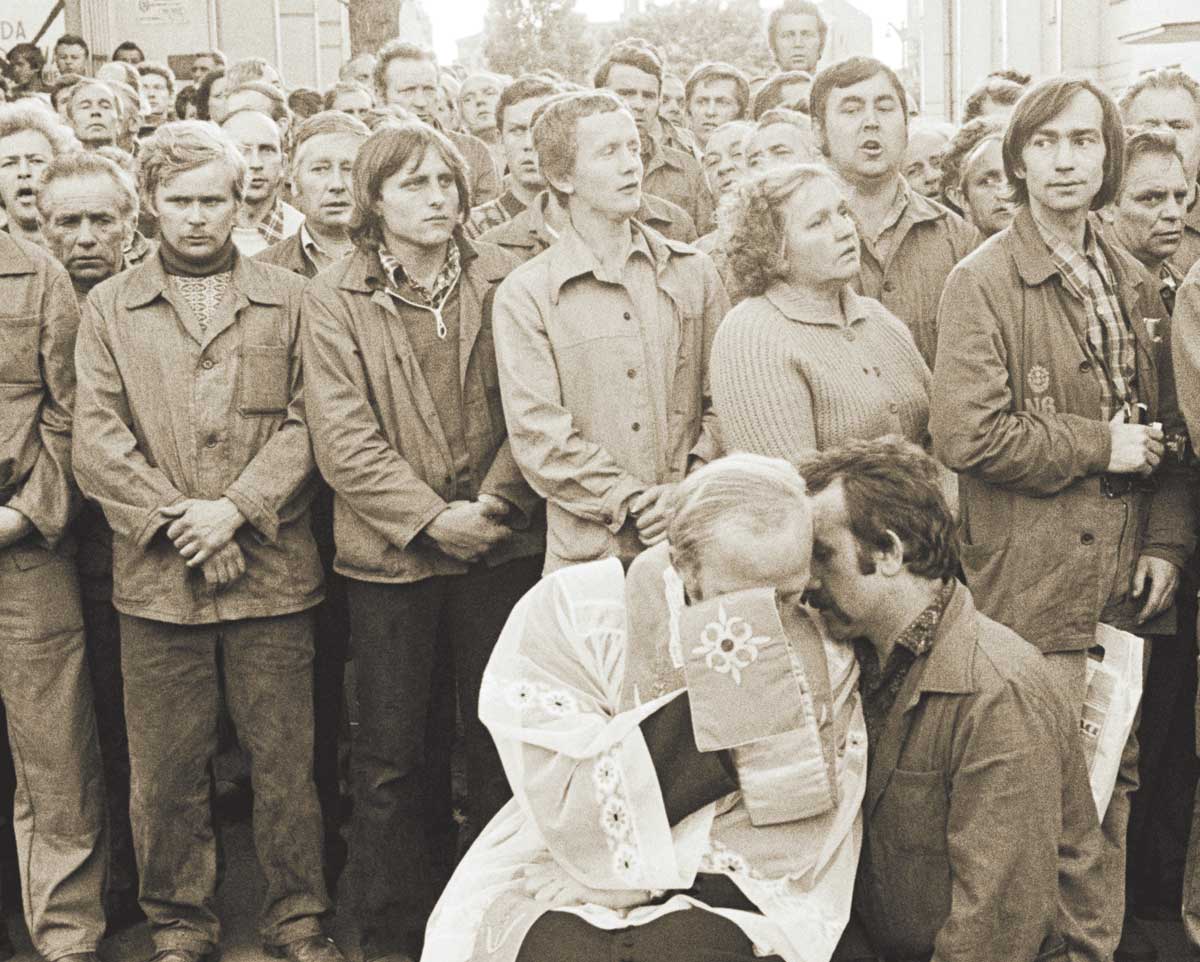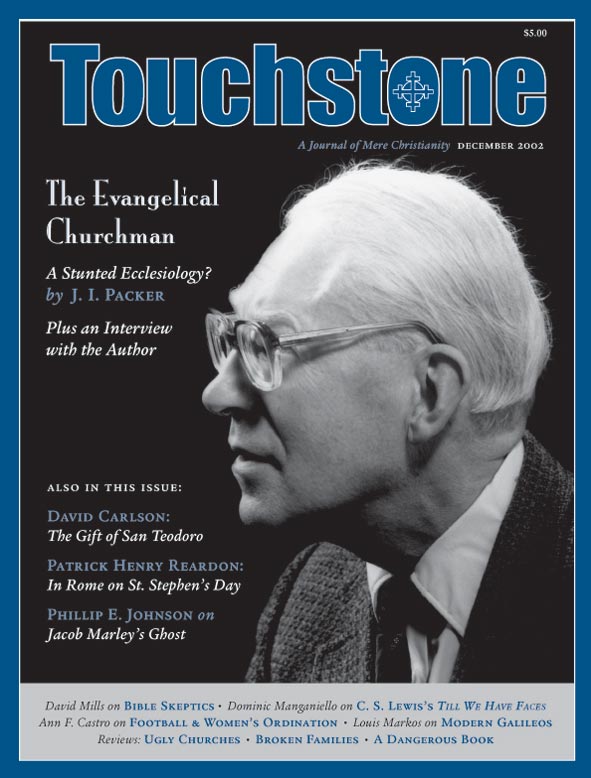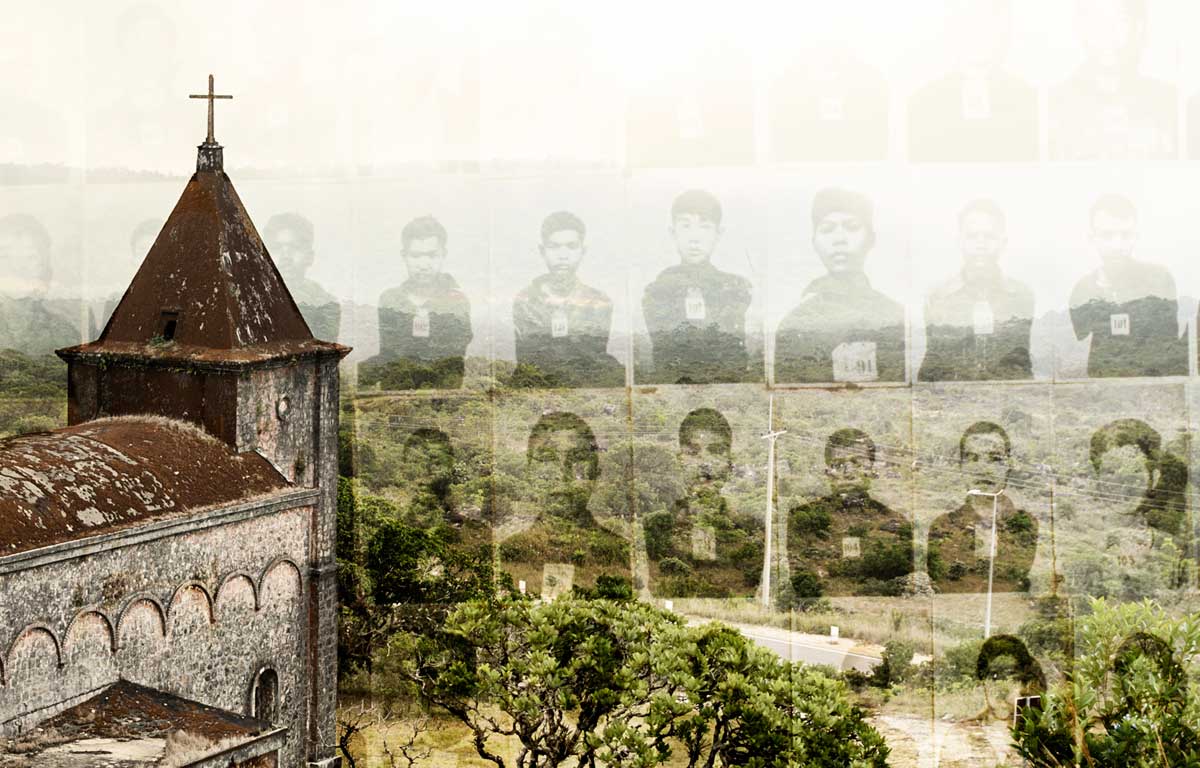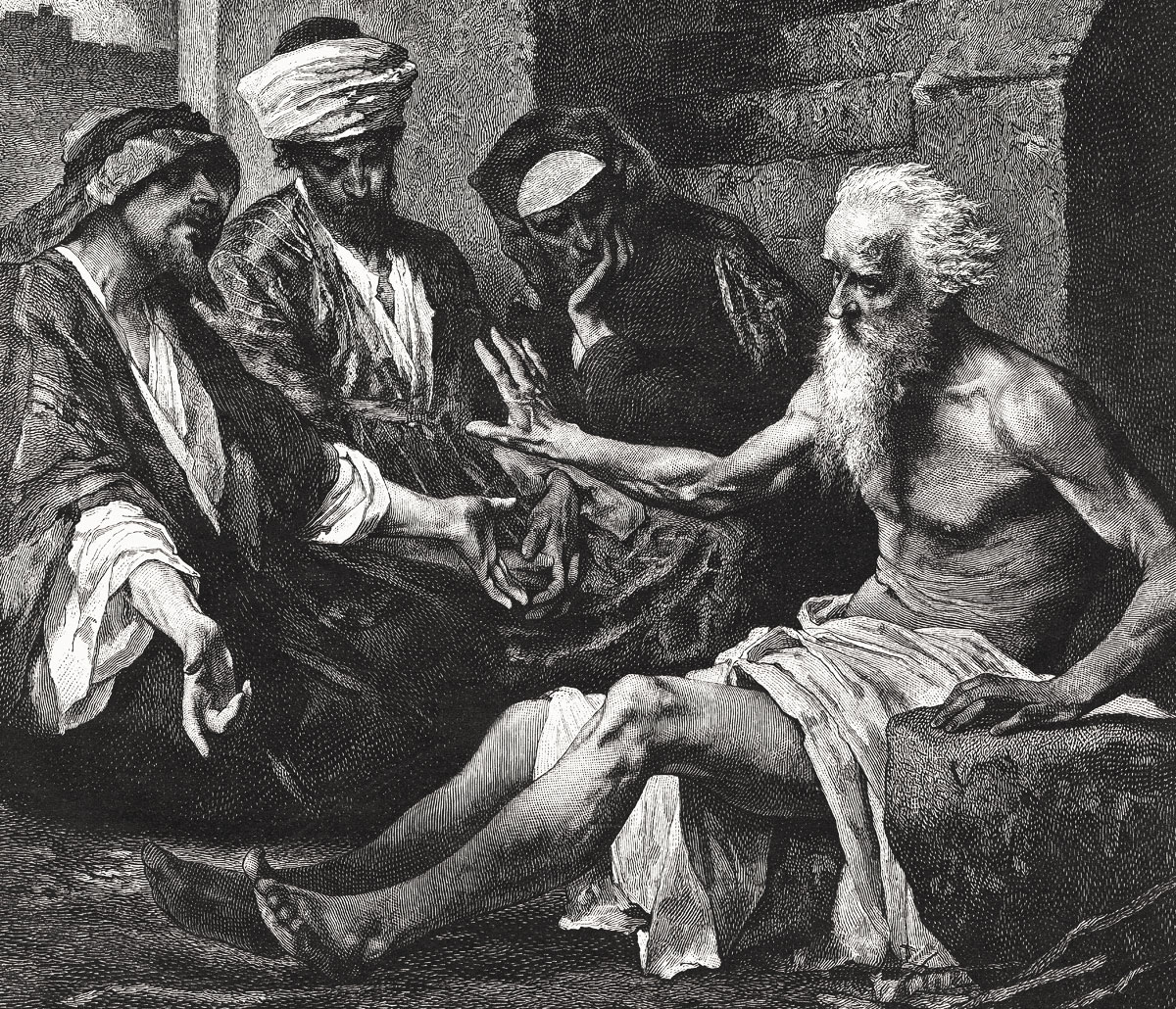An Inconclusive Replay
Is There Conclusive Evidence for Women’s Ordination?
by Ann F. Castro
I’m a sports fan. This confuses many of my friends, who do not think it accords with other aspects of my personality. They see me as bookish and professorial, Anglo-Catholic and somewhat reserved. I am all those things, but I am a sports fan nonetheless. And occasionally this peculiar interest of mine provides a sort of metaphor for another aspect of my life. Take for instance the current manifestation of the instant replay rule in football. After years of either too much instant replay or not enough, a system has been devised that most people can live with. One aspect of the new system is that, in the course of each game, each coach gets two challenges to a field referee’s call—signaled by throwing a red flag onto the field. Then the challenged play is reviewed and a further ruling pronounced. If the challenge is upheld, the field decision is overturned. If the challenge is overruled, the challenging team is charged with a timeout and the original decision stands.
Now here is the part that is significant for my metaphor: The original decision will not be overturned unless there is conclusive evidence that the call was in error. There must be overwhelming proof that the original decision was incorrect and deserves to be changed. Not just a suspicion of error, not vague doubts, not even wishful thinking—conclusive evidence.
This system seems to be a rather solid approach and one that probably should be adopted in other areas of life besides football. In fact, I would like to reflect on one particular area in which I have applied this system myself: the ordination of women to the priesthood. For some time I was without a firm position on this question, and that in itself was troublesome; I prefer to have firm positions. My husband and several of my friends are opposed to ordaining women to the priesthood, and one of these friends spent a lot of time patiently explaining his position to me. Hoping that it would provide me with new insights and new approaches, I asked Bishop John Rodgers if there was any way in which I could participate in the study of this issue being undertaken by the Anglican Mission in America. He gave me the list of required reading and agreed that I could become part of the wider discussion, once the original task force had completed its work.
Starting the Search
As I dug into these volumes, I made several unexpected discoveries, which helped me towards a better understanding of both the topic itself and my own response to it. I suspect, however, that some of my discoveries were not exactly what the authors of the books had in mind. The first book I tackled was Beyond Sex Roles by Gilbert Bilezikian. Unfortunately, what impressed me most about this book was the author’s uncharitable attitude toward those who disagree with him.
He is in favor of women’s ordination, but he spends as much time making disparaging remarks about James B. Hurley (Man and Woman in Biblical Perspective), whom he has selected as a representative of the other side of the argument, as he does supporting his own position. In citing Hurley’s work, Bilezikian displays endless creativity in his vocabulary choices: “inappropriate,” “gratuitously,” “exploitation,” “hurriedly dismisses the argument,” “hodgepodge of Pauline teaching,” “tampering with the Biblical text,” “exegetical violence,” and so forth.
Bilezikian is also prone to prejudicial vocabulary choices when making his own arguments. It is clear that he subscribes to the feminist school of thinking that equates any male authority or headship with domination and would like to reduce men and women to a kind of innocuous androgyny. Here is a sample quotation, which illustrates Bilezikian’s technique (all italics are mine): “By maintaining women in dependency relationships, men guarantee the infantilization of their female companions. . . . Even more seriously, they become perpetrators of the satanic scheme, devised at the fall, of socializing women to live with guilt about the fact that they are women” (p. 211).
It is not that Bilezikian has nothing of value to say, but he seriously compromises his credibility by the use of such pejorative terms. This is a well-known rhetorical technique and this book jolted me into an awareness of how often it has been employed in this discussion and, therefore, how careful one must be to avoid it. In treating such a sensitive topic, one should be even more careful than usual to avoid prejudicial language and to represent any translated words as accurately as possible.
My next book, Women in the Priesthood? by Manfred Hauke, is a highly regarded work expressing the view that women should not be ordained as priests. My main difficulty with this book can be illustrated by the following two examples. In the section in which he discusses the differences between the sexes at a psychological level, Hauke maintains that human reason incorporates two different areas. One area, which he associates with abstraction and conceptualization, he calls “reason” (in the narrower sense); the other, which he associates with intuition and feeling, he calls “understanding.” It is his contention that “reason” is more characteristic of men and “understanding” more characteristic of women. Though he does not explicitly say so, the underlying message seems to be that reason is superior to understanding. At the conclusion of another part of this section he says,
subscription options
Order
Print/Online Subscription
Get six issues (one year) of Touchstone PLUS full online access including pdf downloads for only $39.95. That's only $3.34 per month!
Order
Online Only
Subscription
Get a one-year full-access subscription to the Touchstone online archives for only $19.95. That's only $1.66 per month!
bulk subscriptions
Order Touchstone subscriptions in bulk and save $10 per sub! Each subscription includes 6 issues of Touchstone plus full online access to touchstonemag.com—including archives, videos, and pdf downloads of recent issues for only $29.95 each! Great for churches or study groups.
Transactions will be processed on a secure server.
more from the online archives

19.10—December 2006
Workers of Another World United
A Personal Commemoration of Poland’s Solidarity 25 Years Later by John Harmon McElroy
calling all readers
Please Donate
"There are magazines worth reading but few worth saving . . . Touchstone is just such a magazine."
—Alice von Hildebrand"Here we do not concede one square millimeter of territory to falsehood, folly, contemporary sentimentality, or fashion. We speak the truth, and let God be our judge. . . . Touchstone is the one committedly Christian conservative journal."
Support Touchstone
—Anthony Esolen, Touchstone senior editor








